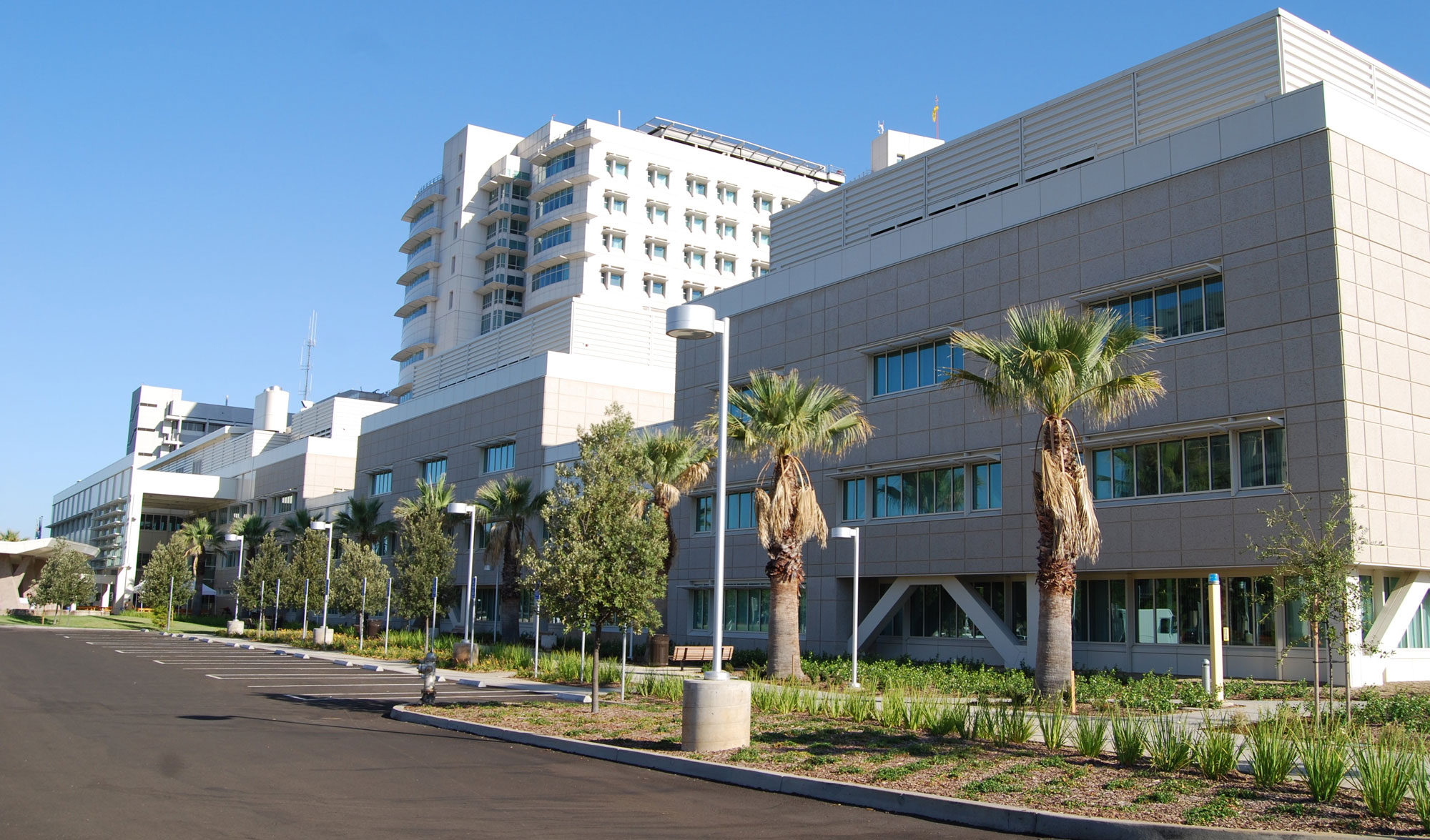The US has its first case of “community spread” coronavirus

The news: A patient in the US with no history of travel to outbreak hot spots or exposure to someone with coronavirus has been diagnosed with the disease, likely marking the first case of “community spread” inside the country, the Centers for Disease Control and Prevention has announced.
The case: The patient was admitted to UC Davis Medical Center in Sacramento, California, on February 19 from another hospital, but the virus wasn’t diagnosed until four days later. UC Davis had to call in the CDC to do the tests since it lacked the capability, hence the delay. In a statement, the hospital said it had put the patient under “strict contact precautions” and believed there “has been minimal potential for exposure here at UC Davis Medical Center.” However, it said a small number of employees have been asked to stay home and monitor their temperature.
A national response: President Trump announced yesterday that Vice President Mike Pence would lead domestic efforts to combat the disease. His administration has requested $1.25 billion in emergency funding from Congress.
Complicating efforts: We know that coronavirus is very contagious, but we are still learning how it passes from person to person. This new “community spread” case reveals gaps in testing capability in the US that could hamper efforts to slow the spread of the virus. Currently, only the CDC and a few local public health agencies have the ability to administer the tests.
The overall picture: At the time of writing, there are 60 confirmed cases of patients infected with coronavirus in the US, 43 of whom were passengers on the Diamond Princess cruise ship in Japan. Globally, there are nearly 83,000 confirmed cases and over 2,800 deaths as a result of the virus. The vast majority are still in China, although the spread of coronavirus to other countries, including Iran, Italy, and South Korea, has accelerated in recent days.
Read Next: What are the most promising potential coronavirus treatments?
Sign up here to our daily newsletter The Download to get your dose of the latest must-read news from the world of emerging tech.
Deep Dive
Biotechnology and health
How scientists traced a mysterious covid case back to six toilets
When wastewater surveillance turns into a hunt for a single infected individual, the ethics get tricky.
An AI-driven “factory of drugs” claims to have hit a big milestone
Insilico is part of a wave of companies betting on AI as the "next amazing revolution" in biology
The quest to legitimize longevity medicine
Longevity clinics offer a mix of services that largely cater to the wealthy. Now there’s a push to establish their work as a credible medical field.
There is a new most expensive drug in the world. Price tag: $4.25 million
But will the latest gene therapy suffer the curse of the costliest drug?
Stay connected
Get the latest updates from
MIT Technology Review
Discover special offers, top stories, upcoming events, and more.